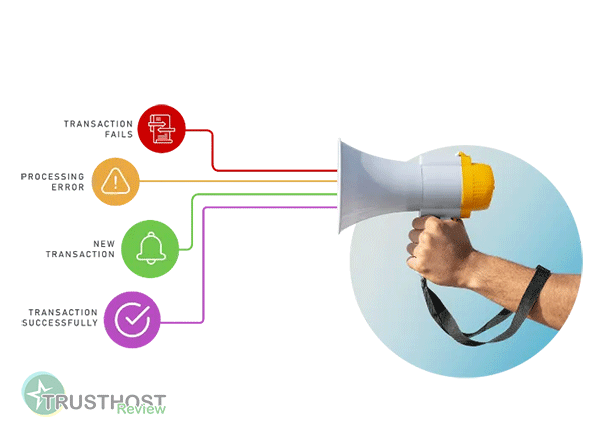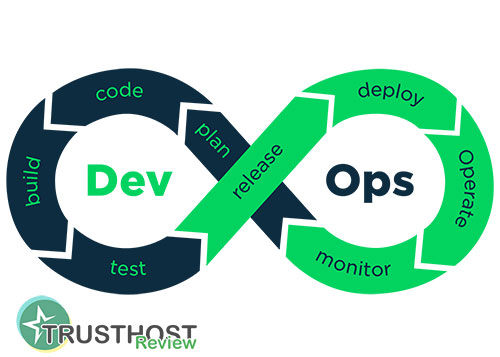What is Web Hosting
What is Web Hosting?
In essence, web hosting is the service of providing online storage space for a website to be accessible on the internet. Imagine it as renting a physical space for your business – instead of a storefront, you're renting a server's resources to house your website's files, images, videos, and databases. When someone types your website address (domain name) into their browser, their request is routed to this server, which then delivers your website's content to them.
Why is Web Hosting Crucial?
Without web hosting, your meticulously crafted website would remain invisible and inaccessible to the world. It's the fundamental pillar that underpins your online presence, enabling you to:
- Reach a global audience: Your website becomes accessible 24/7 to anyone, anywhere with an internet connection.
- Build credibility: A professionally hosted website instills trust and legitimacy in your brand.
- Control your content: You have full control over the information, design, and functionality of your website.
Types of Web Hosting
- Shared Hosting: An affordable option where multiple websites share the resources of a single server.
- VPS Hosting (Virtual Private Server): Offers dedicated resources within a shared server environment, providing enhanced performance and security.
- Dedicated Hosting: Grants exclusive access to an entire server, ideal for high-traffic websites demanding maximum power and control.
- Cloud Hosting: Distributes your website across multiple servers, ensuring scalability, reliability, and redundancy.
Choosing the Right Web Hosting
Selecting the right web hosting provider and plan is crucial for your website's success. Consider factors like:
- Traffic volume: Estimate the number of visitors you expect to handle.
- Storage space: Determine the amount of storage needed for your website's files.
- Bandwidth: Assess the data transfer capacity required to handle website traffic.
- Security features: Prioritize security measures like firewalls, malware scanning, and backups.
- Customer support: Ensure responsive and reliable technical support is available when you need it.
In conclusion, web hosting is the invisible backbone of your online presence, empowering you to share your ideas, products, or services with the world. By understanding the different types of hosting and carefully evaluating your needs, you can make an informed decision that sets your website up for success.
















